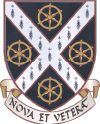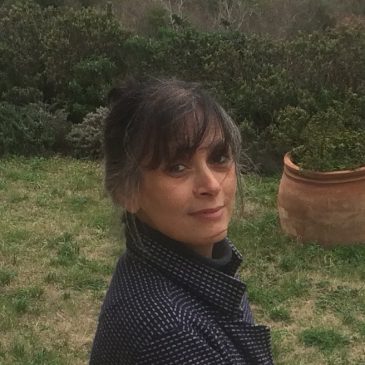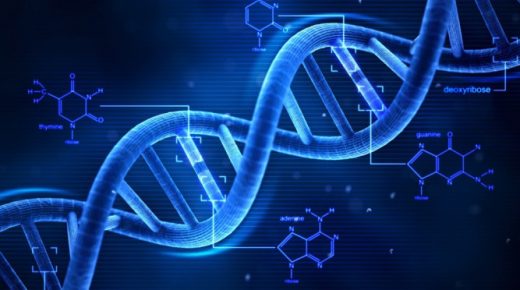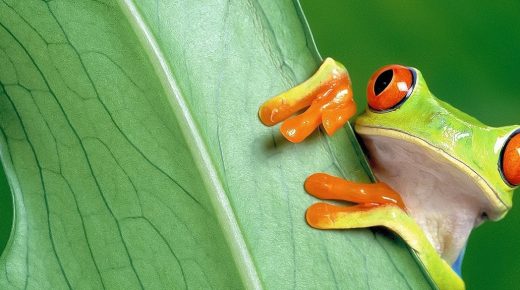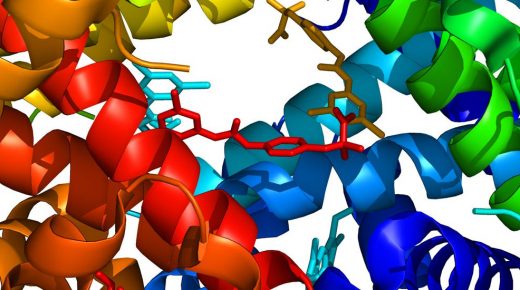Human Sciences is a thrilling collision of biology, anthropology, sociology, statistics, and human geography. We look at human beings from a range of scientific perspectives, so that we can understand ourselves—and others—better, and maybe work towards making the world a better place.
Students in Human Sciences are encouraged to think critically, holistically, and creatively—and to develop their own points of view and insights. So Human Sciences equips people to do all kinds of worthwhile and interesting things; and our graduates have a rich variety of career destinations, including public health, international development, and film-making.
We have an eclectic team of tutors at St Catherine’s, with a wide range of expertise, experience—and ways of looking at the world. So, no matter what your interests and perspectives are, you are likely to find academic support that suits you. The tutors are:
- Adam Ritchie teaches genetics and his main academic interests are infectious disease, vaccines, policy, and translating laboratory research into real world impact. He is based at the Jenner Institute, where he works in vaccine development across several diseases, including Covid-19 and rabies.
- Athar Yawar worked as a psychiatrist, a doctor to refugees and survivors of torture, and a senior editor of The Lancet—before doing a PhD in anthropology of medicine, comparing modern psychiatry to Sufi healing. He teaches Physiology and Anthropology, and has supervised dissertations on a wide range of topics. He is also the Director of Studies for Human Sciences at St Catherine’s.
- Konstantina Isodoros is an ecological anthropologist whose interests are in human/non-human ecological relations, evolutionary theory and kinship, arid zone habitations and climate change.
- Lys Alcayna-Stevens is Associate Professor of Medical Anthropology and lectures on medical anthropology and human ecology for the Human Sciences degree. Her research is situated at the intersection of medical anthropology, political ecology, multispecies ethnography, and science and technology studies (STS), with commitments to feminist theory and postcolonial studies.
- Naomi Freud is a biological anthropologist whose research interests include the physiological and behavioural plasticity of humans, risk minimisation strategies adopted by contemporary and historical societies to maximise food security and minimise vulnerability to disease; unintended consequences and building in reversibility when making decisions.
- Sofia Massa is a senior statistician in the Nuffield Department of Population Health. She teaches Quantitative Methods.
The Human Sciences community at St Catherine’s is (we think!) a warm and welcoming one, with around 12 students at any one time—we typically take 4 students per year. Students spend time socialising and learning with Human Sciences students from other colleges; but are also very much part of the wider community at St Catherine’s, with all the social and intellectual opportunities that it offers. We want to support you not just to do well on the course, but to do things you are fascinated by, enjoy, and care about.
